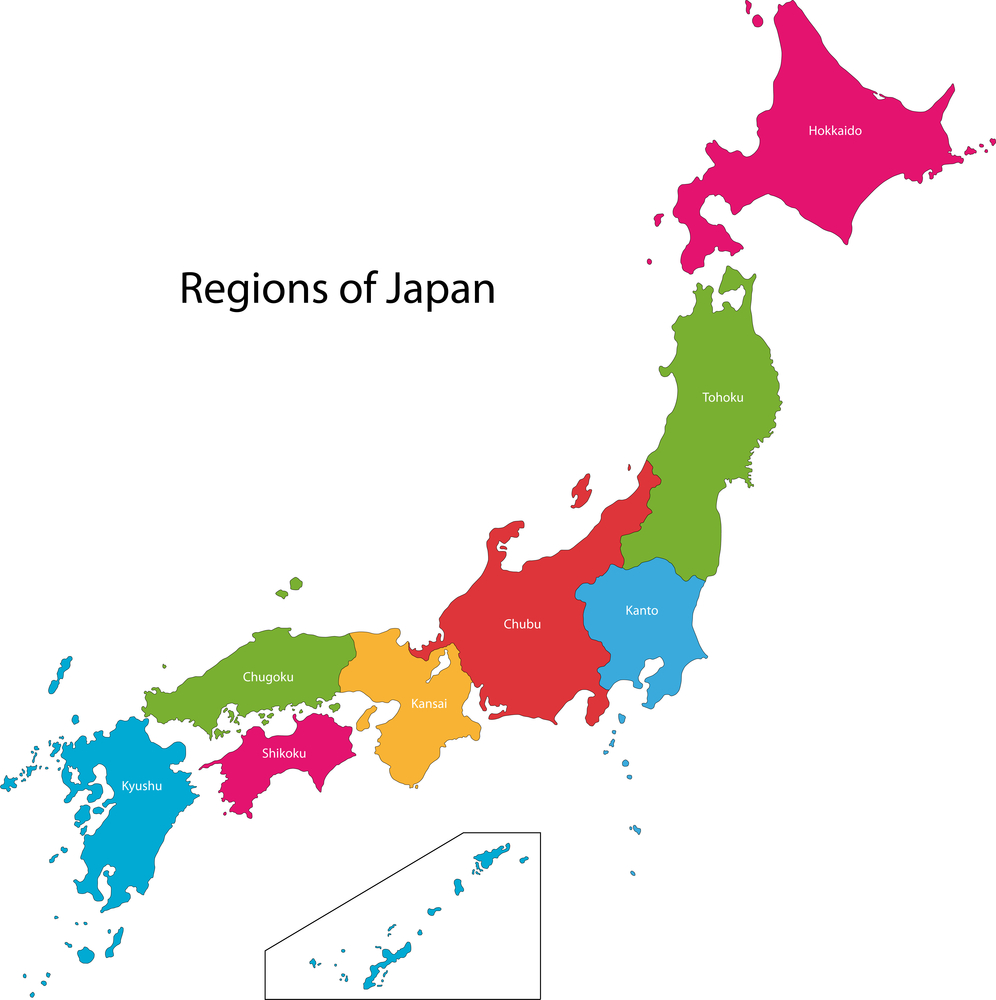It’s not over yet for Honda in the UK
“Don’t be ordinary, Honda” urges a 20 page special feature in Nikkei Business magazine. It points out that Honda occupies a similar space to Sony in Japanese people’s hearts. They both had maverick founders, produced quirky, innovative products for decades, lost their edge and then had to undergo deep restructuring to survive.
The loss of face for Swindon
Part 1 of the special feature starts in Swindon, lamenting that it has come to a point where Honda, “the face of Swindon”, is having to shut down. “Falling European sales and the chaos of Brexit are not the only reasons”. Honda says it is because of the need to respond to the rise of electric vehicles, a recognition that it had not set up the necessary structure in Europe to deal with the EU’s strict environmental regulations and supply electric and hybrid vehicles.
Going it alone made it difficult to innovate
This lack of preparedness may have been because Honda was going it alone, in contrast to Toyota working with Mazda, Suzuki, Subaru and Daihatsu and Nissan’s alliance with Mitsubishi and Renault. Even adding in Honda suppliers like TS Tech, Keihin, Showa, Musashi and Nisshin, its total supply chain sales amount to a tenth of Toyota’s. Toyota’s supply chain includes other large multinationals like Denso, Aisin, Toyota Industries, JTEKT and Toyota Boshoku. R&D expenditure is similarly tiny compared to Toyota’s spend.
Honda is not in Boston Consulting Group’s Top 50 most innovative companies of the world – whereas Toyota is at #37. It’s not even in the top 50 of Japan’s own ranking of most innovative domestic companies. Toyota is at #2, Honda at #105.
Only 70% of Honda’s sales are 4 wheel vehicles however – 13% are motorbikes, 2.2% power products like lawnmower engines and 14.9% is financial services. Honda has been innovating in these areas as well as becoming active in Mobility as a Service, investing in electric vehicle charging, including in the UK and Sweden.
Honda still has roots in the UK
In fact it’s not over for Honda in the UK by any means. Nikkei Business’s special feature takes a nostalgic look at whether Honda can grab back the “speed” and “challenge” spirit that Honda showed in the Isle of Man TT races, illustrated by a headline from the Daily Mirror in 1961 “The Japs are Laps in Front”. It described the 3 times Honda has left Formula One, only to come back again. Honda R&D and Honda Motor Europe are still based in the UK, and Honda has mainly supplied engines to UK based Formula One teams over the years – most recently to Red Bull in Milton Keynes.
The special feature finishes with an interview with Honda’s President Hachigo Takahiro – who was himself posted to the UK during his career. He shows no interest in merging with Toyota or Nissan in order to achieve scale. “We are not thinking about making a bid for Nissan…We are innovative when we face challenges, like we did with Formula One. As for Toyota, we won’t get very friendly, we will have a fight occasionally. Otherwise the Japanese car industry would be very dull. We have different personalities. We should be good rivals, and help Japan rise up. We have no intention of taking Toyota’s money.”
Even if Honda is shutting down its manufacturing in the UK, the hope seems to be that the UK can play a part in recharging its innovative spirit.
For more content like this, subscribe to the free Rudlin Consulting Newsletter. 最新の在欧日系企業の状況については無料の月刊Rudlin Consulting ニューズレターにご登録ください。
Read More
 rudlin
rudlin rudlinconsulting
rudlinconsulting